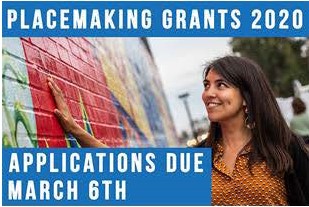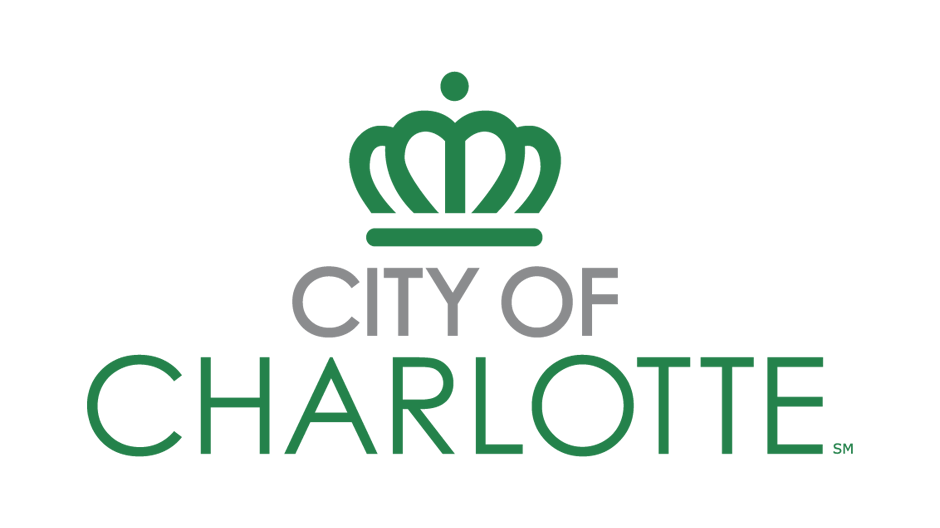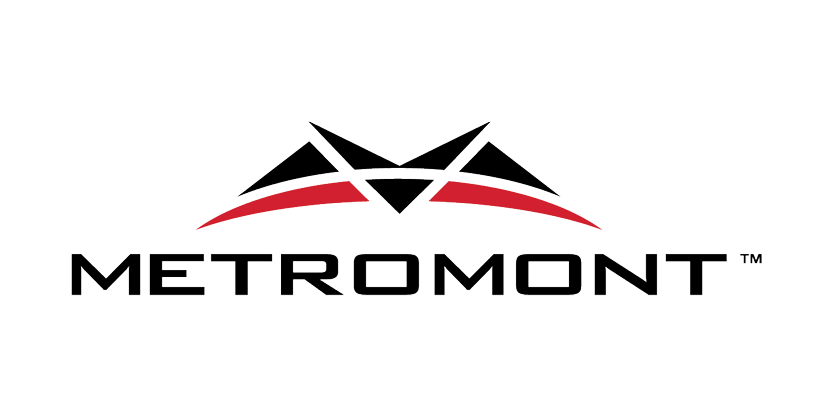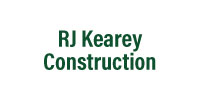Reverse Logistics Are a Growing Challenge for Retailers. But Here’s How They Benefit Industrial Property Owners
Posted on January 15, 2020 by Patricia Kirk
With online retail sales rising by 10 percent annually, the volume of returns is also growing. According to research from market data firm Statista, returns for online sales tend to be two to three times more frequent than returns for in-store sales, with 15 to 30 percent of online purchases returned, compared to 8 to 9 percent of merchandise bought in-store. UPS estimates that nearly $42 billion of the total $138 billion in products sold online during the 2019 holiday season in the U.S. will be returned, which is up from $37 billion the previous year.
The longer it takes for items to be returned and processed, the greater the depreciation on the merchandise, especially for fashion apparel and seasonal products, notes David Egan, CBRE head of industrial & logistics research, Americas & Global. Reverse logistics software provider Optoro estimates that the value of apparel depreciates by 20 to 50 percent within eight to 16 weeks, and electronics lose 4 to 8 percent of their value per month. The challenge for retailers, according to Egan, is to get returned items back into inventory for resale quickly.







 Photo (L-R): 2019 NAIOP Charlotte President Tracy Dodson, City of Charlotte, and incoming 2020 NAIOP Charlotte President, Scott Harris, Choate Construction Company
Photo (L-R): 2019 NAIOP Charlotte President Tracy Dodson, City of Charlotte, and incoming 2020 NAIOP Charlotte President, Scott Harris, Choate Construction Company






































